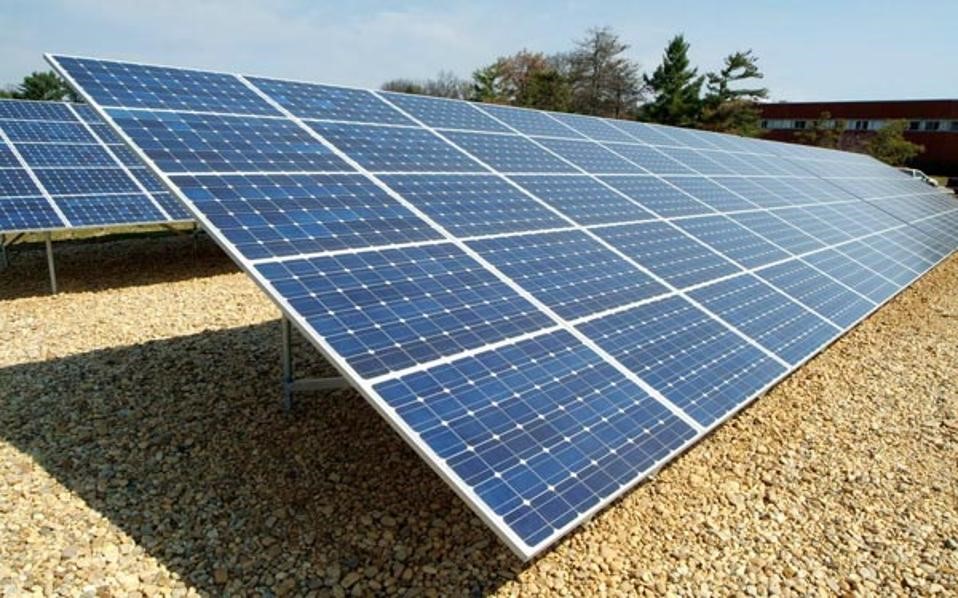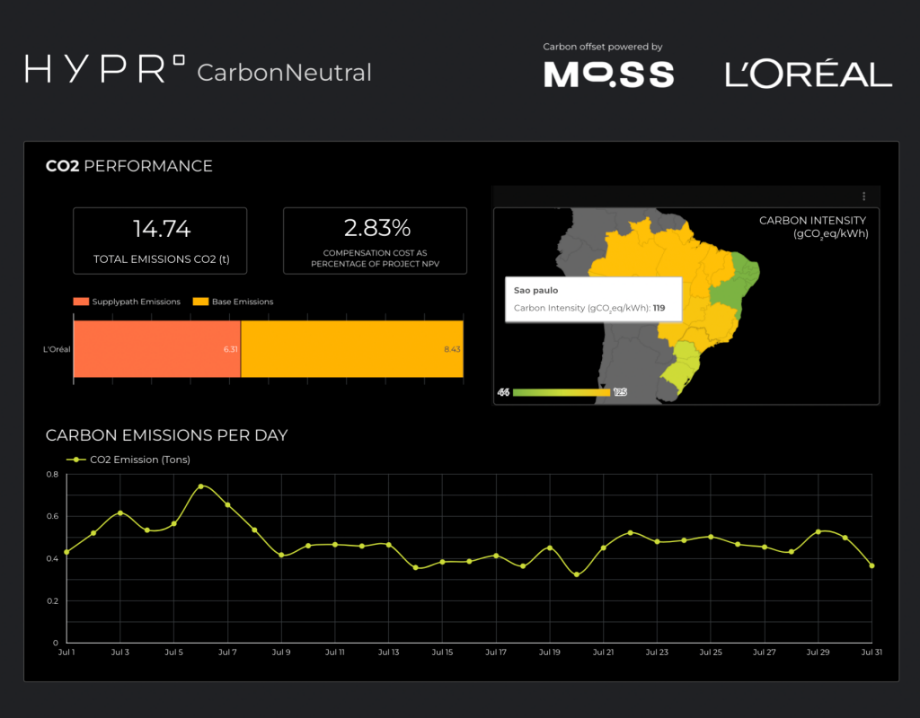“Digital Transition – Energy and Environment” was the theme of the videoconference held, under the apology of the Day of Professional Courses in Electronics, Automation and Command and Mechatronics, included in the EPTO FUTUROS 30.30 conference cycle and which highlighted the energy challenges of the future and digital transformation for the next decade in Portugal.
In the business sector, digital transformation is imposed as a guarantee of survival in a global market where efficiency and productivity are differentiating factors, considered Paulo Pereira, Director of Innovation and Technology Strategy at Altice Labs, who presented some of the innovation strategies of this company. telecommunications and information services, noting that “innovation and digitalization are not only related to the implementation of new technologies, they are also the key to the future in the energy sector. Ensuring sustainable, efficient and accessible energy are the goals for the necessary energy transition, implied with the decarbonization of some sectors of the economy and the increase in the supply of electricity from renewable sources.”
The importance of the electricity sector in the energy transition was highlighted by Pedro Carreira, Deputy Director of the Department of Technological Innovation at E-REDES, who exemplified smart grids, essential equipment for the digitalization of the grid, which allow for better management, in addition to facilitating integration of electric vehicles, self-consumption and distributed generation, and as he mentioned, “the goal of E-Redes for 2030 is to have 100% smart metering equipment, considerably reducing CO2 emissions.”
Miguel Leitão, Energy Consultant at the company Green World, concludes that “without digital transition, there is no energy transition, as information systems are fundamental for the management and operation of new technologies and motorization in the energy area”. The commitment to renewable energies and sustainable agriculture in order to reduce the country’s energy dependence, whose hydrogen driver (EN-H2) will be one of the ways to reduce dependence on foreign countries and reduce the decarbonization of the economy by replacing fossil fuels, covering industry, transport and the energy sector, was the idea strengthened by his speech.



